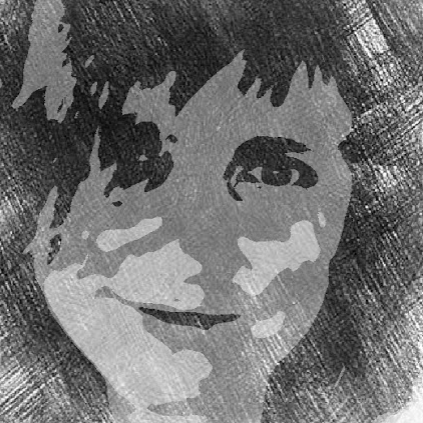
This is only the second time that the European Commission is organizing the Research & Innovation Days. And already the ambitions for the organization have to be reduced.
Just last year, the top brass of the European Commission, industry and science met in Brussels in the former Citroën garage that now serves as the ‘Kanal‘ arts center; this year, the participants will for the most part be sitting at their computer screens at home. Due to the risk of contamination with COVID-19, a physical gathering is not possible.
Top officials talk to industry
That’s a pity, and not only because it was fun to hear the policy makers and industry elites enter into a discussion with each other in person for once. You also got to see who was trying to influence investments, which sometimes amounted to billions. For example, the research director of the automotive company BMW advocated a partially subsidized construction of charging stations, because otherwise he could not see how he would be able to sell enough electric BMWs. A director of airplane manufacturer Airbus got the top official of the European Commission on her side when, together with Delft professor Henri Werij, she advocated extending the subsidy for research into electric flying. The latter, incidentally, threatens not to go ahead or not to the extent hoped for because the member states are opposed to it. The governments of those member states are precisely the parties that have the last word on this type of expenditure from – or rather through – the European Commission.
The Research & Innovation Days are like a big party for a group of hundreds of European experts on content. In the case of the research grant for electric flying, the participants seemed to have overestimated its value. Maybe this will turn out differently now.
Packed agenda
Just like last year, the agenda is packed. For three days, 22, 23 and 24 September, you can attend online discussions from 9 a.m. to 6 p.m. in the afternoon. The list of speakers is not yet known. But in any case, there is now a session dedicated to ‘co-creation’ with the member states, as it is called: the joint creation of European policy for the research and innovation fund Horizon Europe. There was no such session for member states last year. Only European industry and scientists had a say at that time.
Of course, the question remains as to who will enter into the discussion on behalf of the member states. The big challenge for the department of the European Commission responsible for organizing these days is to significantly increase the budget for Horizon. The officials had originally set aside a budget spread over seven years (2021-2027) of around €120 billion. That amount was later reduced to more than €100 billion. And after the European Council meeting last July when government leaders decided on the size of the future budget, it shrank to €80 billion. That’s still a lot of money, except the European Commission had ambitious goals for which even more money was needed. Maybe this session can give a push in this respect.
Green Deal
Perhaps most of the innovation should come from the various funds that all have to contribute to making Europe climate proof, such as the agricultural and structural funds and the Cohesion Fund, for example. It is expected that this will be dealt with during the discussions about the Green Deal and the Just Transition Fund, also on the agenda. There are several sessions on how innovation can contribute to the CO2-free production of energy. There is also one on how to use raw materials more efficiently by assessing in advance how they can be reused at the end of a product’s lifespan. With advance planning, unnecessary waste can be avoided. For example, there is now a mountain of plastic that is difficult to recycle because of the complex processing it has undergone. One idea is to ban this type of plastic altogether.
New legislation
These kinds of sessions can – with input from the speakers and after approval by the member states and the European Parliament – lead to new directives that the market must comply with in the near future. For this reason alone, those who want to be prepared for the future should follow these sessions.
And that is the strange thing: the content of these sessions was hardly reported on last year. There were hardly any journalists. The fully-equipped press room was empty almost all the time.
On the agenda are further discussions with the European Research Council, which is formed by scientific hotshots, including Nobel Prize winners. A new body is being added to the European innovation structure: the European Innovation Council. One of the sessions will deal with this. There will be an announcement communicating the members of this new Council and what their program will be.
Innovative start-ups
Also interesting are the sessions on the European Investment Organizations of the European Commission, EIT. These have offices all over Europe. Specialists who work there invest European money in start-ups that develop innovations in the field of sustainable energy, climate, digital products, raw materials, water, and so on.
These institutions are not well known to ordinary citizens. That’s a pity, because they are an example of European policy that actually produces concrete results. Think of InnoEnergy’s start-up Skeleton, which makes super capacitors for electric propulsion, EIT Digital’s digital anonymous reporting device with which shopkeepers and the hospitality industry can warn their guests about possible contamination with corona, and so on.
The agenda of the three European Innovation Days can be found here.

